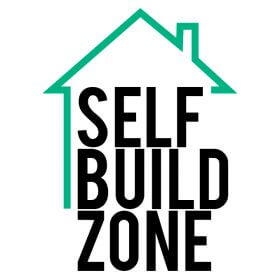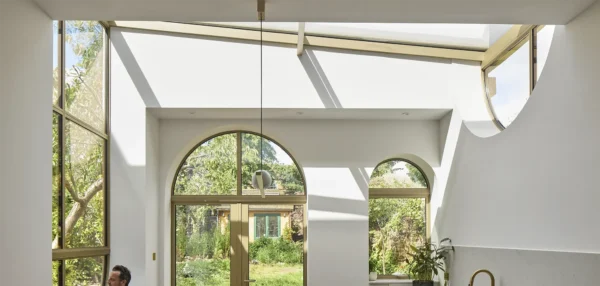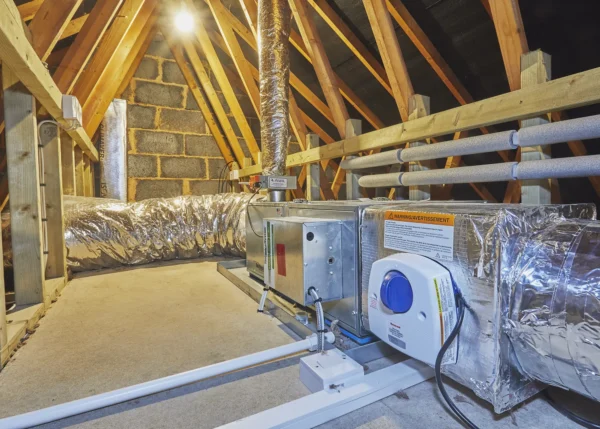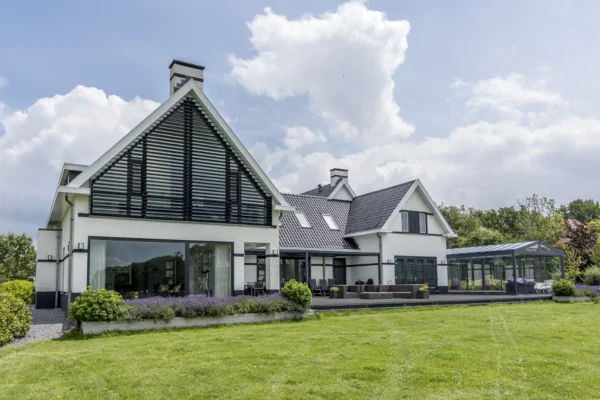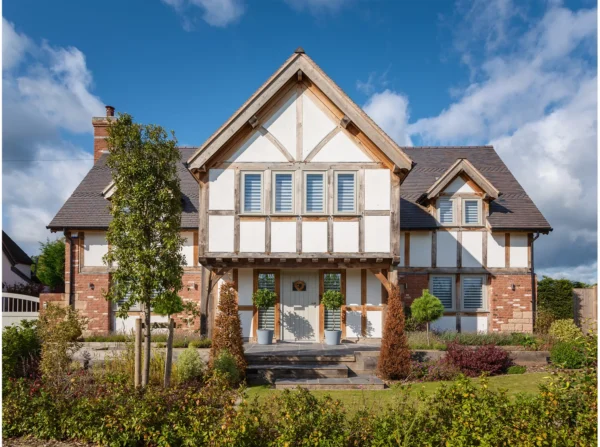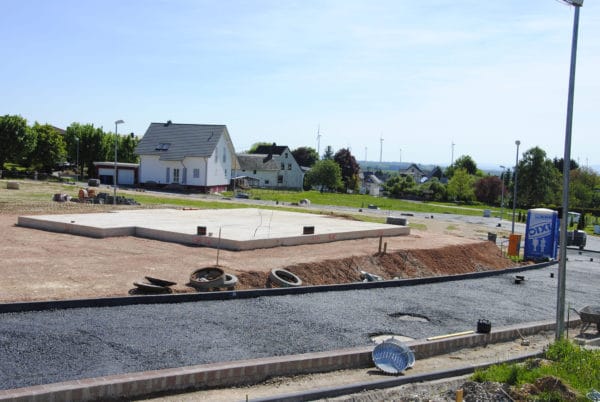Your Complete Guide to Self Build Insurance & Warranties
Investing in the building plot, design and construction phase of your self build project is likely to represent a considerable investment, running into hundreds of thousands of pounds. Yet, amidst the excitement of planning layouts and selecting finishes, one crucial aspect often slips under the radar: site insurance and warranties.
These specialist forms of insurance are designed to protect your investment and provide peace of mind throughout the build process and beyond. However, they’re frequently overlooked during the initial planning stages, rarely making it onto the project checklist. That can leave self builders vulnerable to unforeseen risks and financial liabilities.
Here’s your complete guide to self build insurance and warranties:
What is Self Build Insurance & Why is it Essential?
Self build site insurance is a vital safeguard, whether you’re constructing a new home or working on a renovation, conversion or extension project. Creating a bespoke home demands time, dedication and substantial financial commitment.
So, it’s imperative to secure insurance for your self build from the moment you acquire the plot. A self build site insurance policy covers new construction work, existing structures and the entire site. A good policy cover checklist can be broken down as follows:
- Public & employer’s liability
- Building works & materials
- Plant, tools & equipment
- Site huts & temporary structures
- Existing structures
- Personal accident cover
- Legal expenses

Building a home is one of the biggest investments you can make, so it’s important to ensure you’re covered with the correct insurance and warranties
Surely My Builder is Covered?
Your builder may have told you they have the necessary insurance in place, and they might genuinely believe they have full coverage. Unfortunately, the reality often differs. Their policy usually only offers a degree of public liability coverage.
This type of insurance solely protects them in instances where they cause harm or damage to a third party due to negligent actions – a scenario that requires substantiation on your part. But it won’t typically cover your liability outside of this narrow area.
CHECKLIST What to look for in a structural warranty providerAs a self builder, you’ll want to achieve a high-quality bespoke home that fits your needs – and you should expect the same from your warranty provider. So what makes a great project partner?
|
How Much Does Site Insurance Cost?
Prices vary, but expect to pay between 0.5% and 1% of the overall build cost. That’s a small fraction of your total spend in return for confidence that any hiccups along the way are covered. You wouldn’t drive a car without insurance, so why would you build your house without it? Site insurance should be right up the list of priorities in your budget!
Building your home may be one of your largest investments. With a good self build insurance policy in place, you get peace of mind that your new home is adequately protected throughout the construction – and for the future, too.
Why Do I Need a Structural Warranty?
Building a new house or completing structural works to an existing property can be complicated. In some cases, flaws in construction quality may only become apparent over time – perhaps years after completion. This is where a structural warranty comes into play.
This type of insurance provides coverage for any deficiencies in the design, craftsmanship and materials of your self build project – including issues affecting drainage or waterproofing – for up to 10 years post-completion. These issues can be costly to rectify and may necessitate either partial or complete rebuilding. Structural warranty insurance protects you against the costs associated with rectifying latent defects, offering reassurance that your self build investment is secure.
A structural warranty is essential if you need a mortgage to fund your self build, conversion or extension. It’s also vital if you intend to sell: most lenders mandate a structural warranty to mortgage a self build home, with the warranty seamlessly transferring to the new owner upon sale.
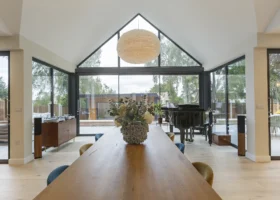


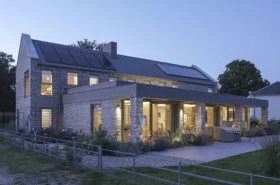

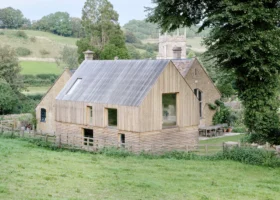

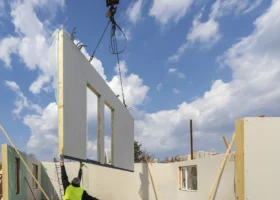










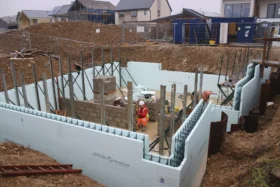

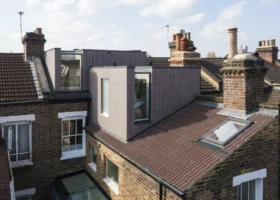
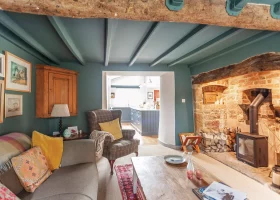




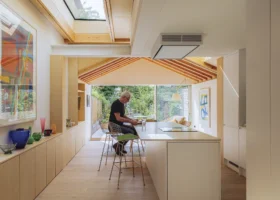
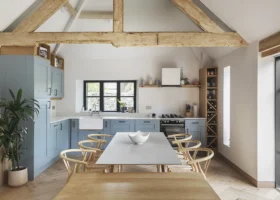
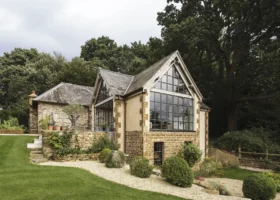
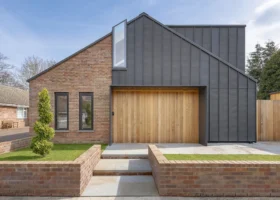
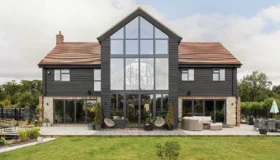


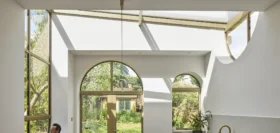
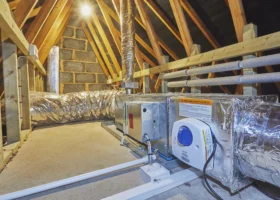
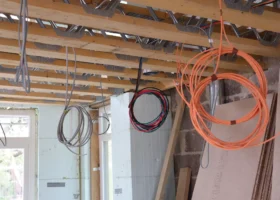

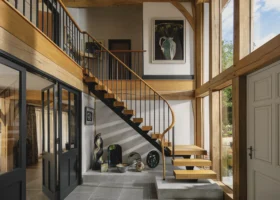

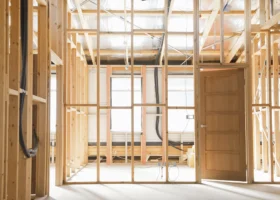
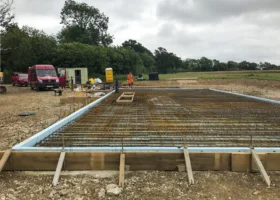




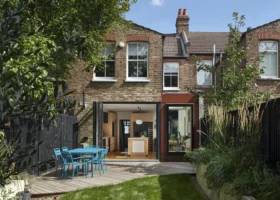
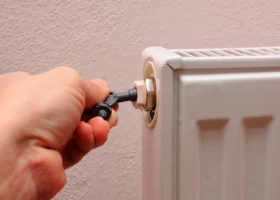


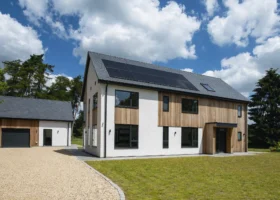
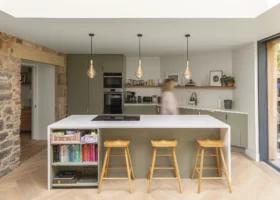

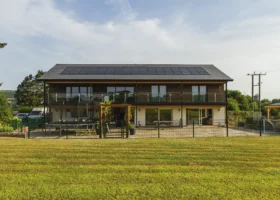



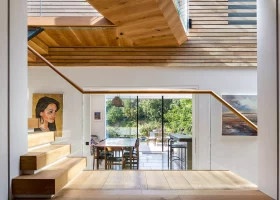
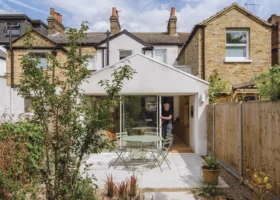

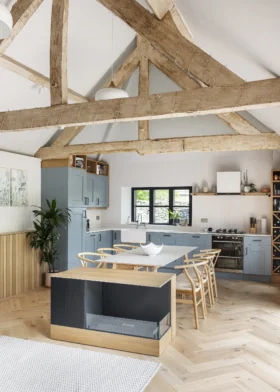
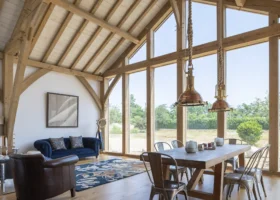


















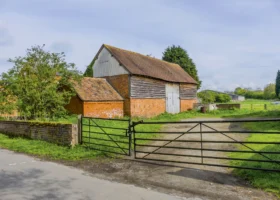
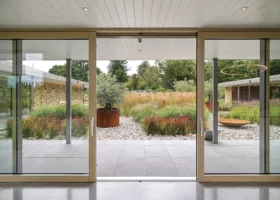



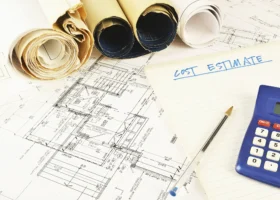











 Login/register to save Article for later
Login/register to save Article for later
